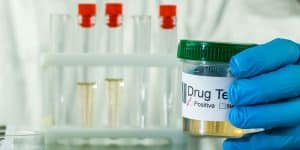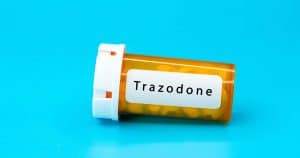Best Defense for a Positive Drug Test
Drug tests are frequently used for employment screening, workplace safety, sports, and other reasons to determine whether someone has been...


JCAHO Accredited
Twelve-step programs — In an American survey of treatment providers from three separate institutions (the National Association of Alcoholism and Drug Abuse…

